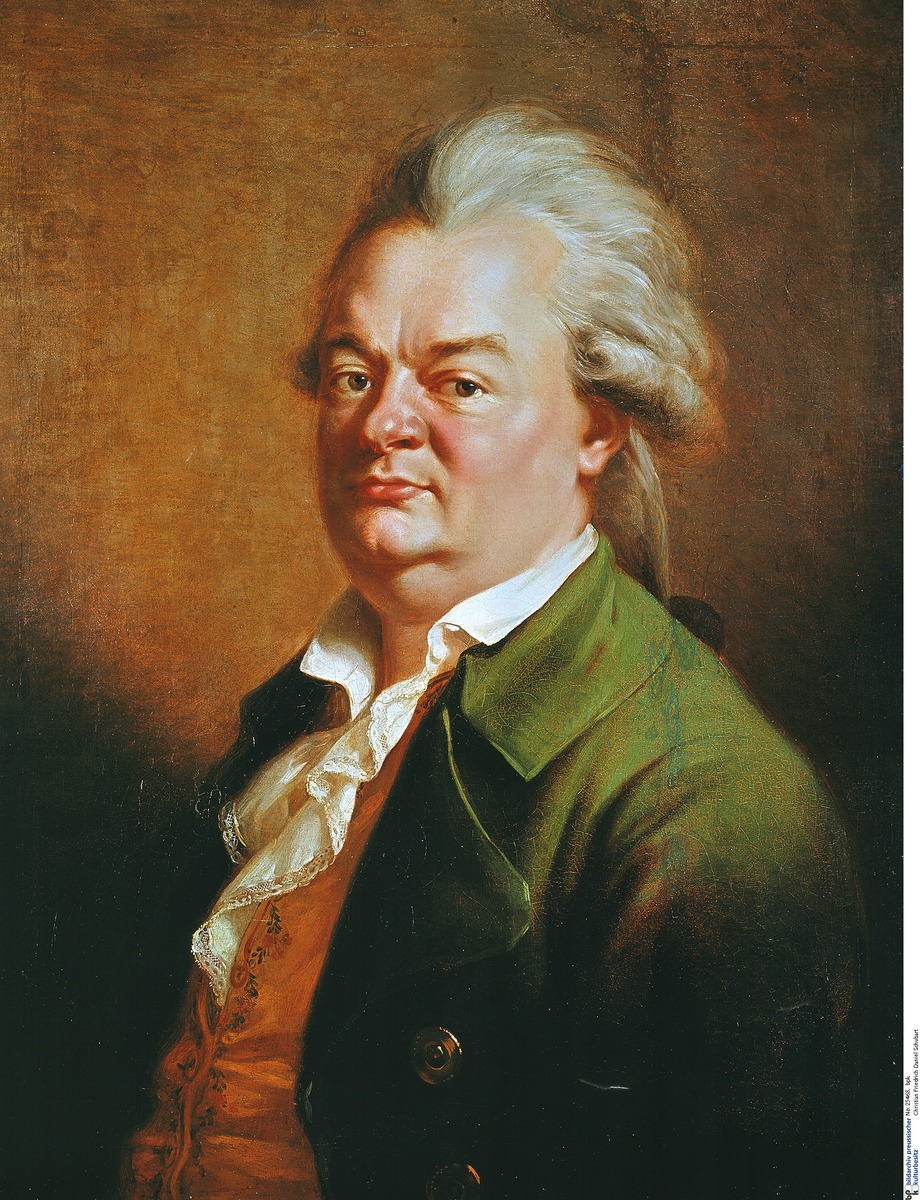Abstract
A writer and musician, Christian Friedrich Daniel Schubart (1739-91)
was a spirited and vocal supporter of the American Revolution. In 1774,
he founded and assumed the editorship of
Deutsche Chronik
[German Chronicle] (1774-78), a
periodical that became a forum for his critical and anti-absolutist
polemics. He saw the events taking place in the American colonies in the
context of a shared Enlightenment heritage and, like many of the German
intellectuals of his day, sympathized with and admired the American
rebels. Joining Johann Wolfgang von Goethe, Friedrich Schiller,
Christoph M. Wieland, and other prominent poets of the time, he
protested the Hessian princes’ traffic in mercenary soldiers, denouncing
it as a crime and calling for retribution. He followed the war in the
American colonies closely, writing and publishing vivid accounts of
various military engagements. For Schubart and many of his
contemporaries, the American Revolution was an example for German
patriots in their own struggle against tyranny. Schubart’s journalistic
career ended abruptly in 1777 when, on the orders of the duke of
Württemberg, Karl Eugen, he was arrested and imprisoned in Hohenasperg
Fortess outside Ludwigsburg. He was released ten years later, in 1787,
at the insistence of Frederick II (“the Great”) of Prussia, to whom he
expressed his gratitude in Hymnus auf
Friedrich den Grossen [Hymn for
Frederick the Great]. After his release, he was given a post as
theater director in Stuttgart – a form of compensation for the injustice
he had suffered.
